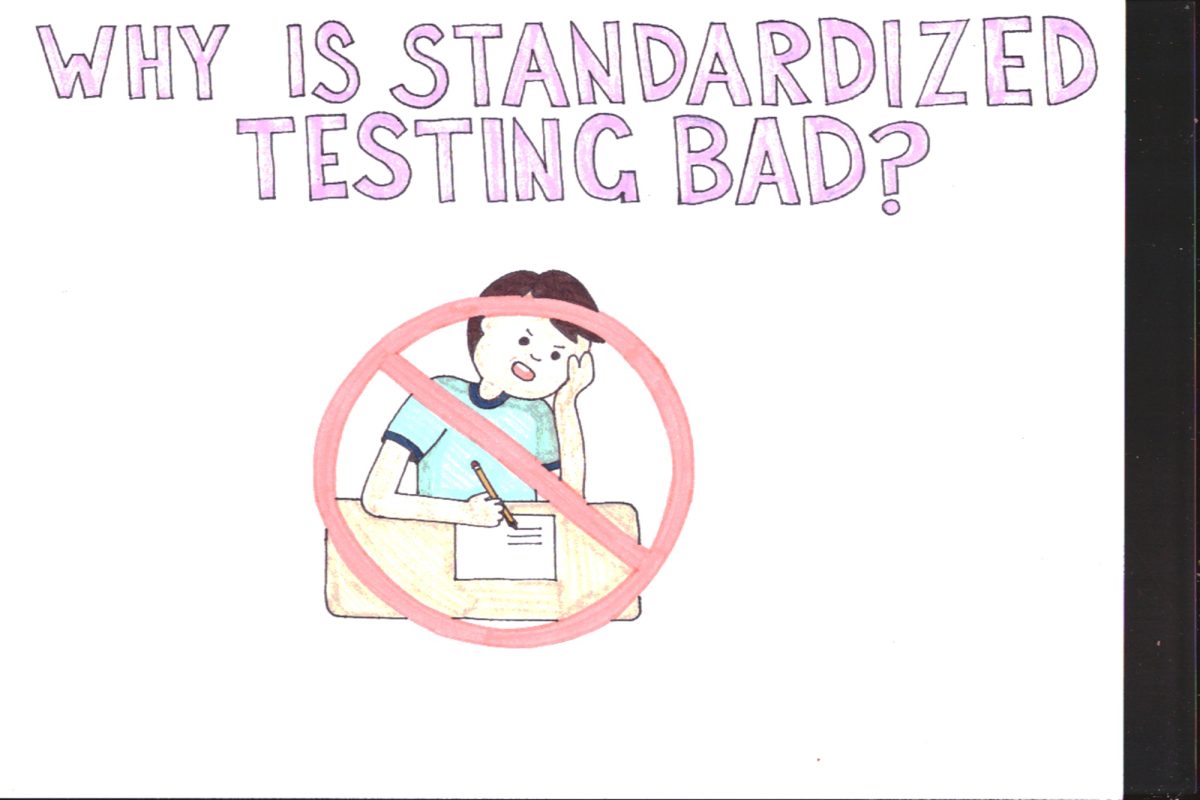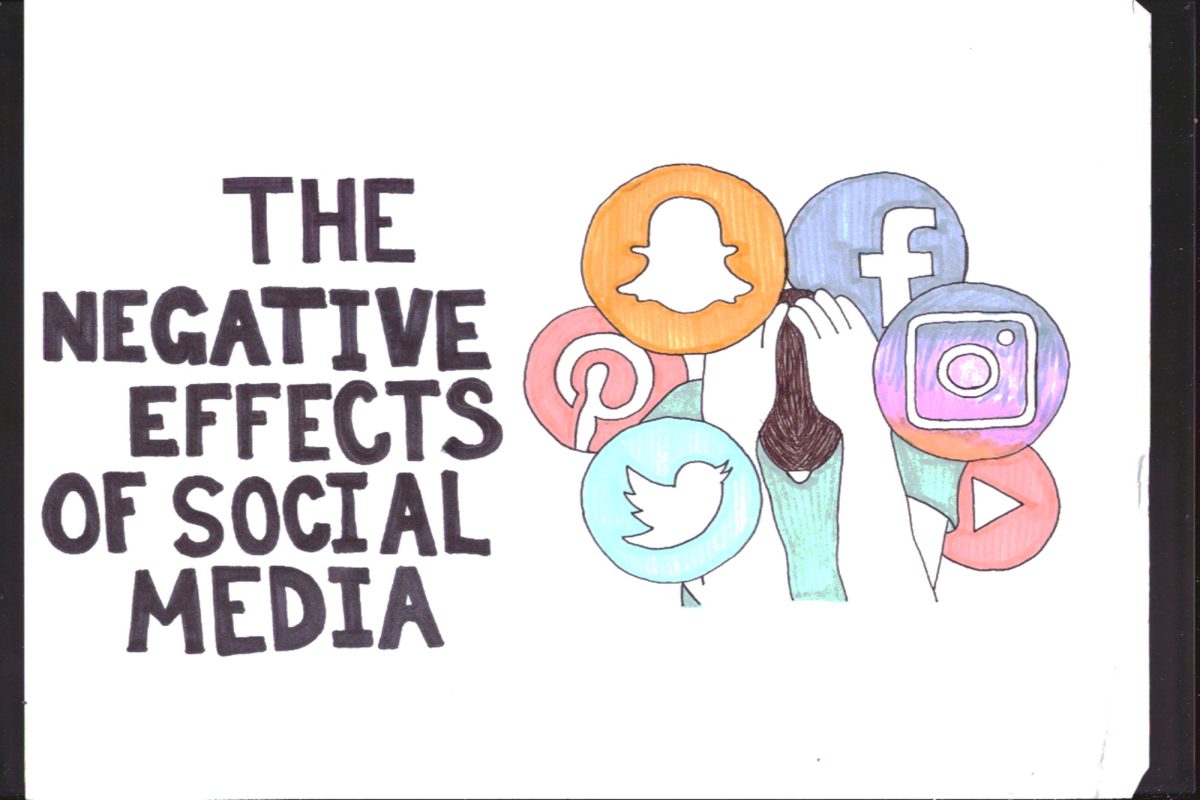“Sometimes, the most brilliant and intelligent students do not shine in standardized tests because they do not have standardized minds.” – Diane Ravitch
Debates surrounding whether standardized testing (SAT) can accurately judge a student’s intellectual ability have become more prevalent throughout schools on the national level, especially as these tests play a big role in college admissions. Some people believe that standardized tests are a necessary metric put in place to improve learning, while others believe they don’t accurately measure a student’s true potential.
Standardized testing should not play a part in assessing a student’s capability because the tests do not recognize the different skills that help students become successful. These tests also fail to consider that other necessary life skills such as creativity and critical thinking are left behind. Standardized tests rely on memorization over a conceptual understanding.
One primary concern with standardized testing is the extreme lengths students will go to obtain a better score.
According to ascd.org, students will do whatever they can to pass these tests, including cheating and taking performance-enhancing drugs because they know these scores may affect their future lives. If students feel that standardized tests are important enough to take a drug to help them perform, then it seems fair to say that these tests are overemphasized.
Furthermore, standardized tests put an extraordinary amount of stress on students. Students often feel trapped. Pressured, and overwhelmed while preparing themselves to score well on standardized tests. Students have been brainwashed to perceive these tests as pivotal moments in their academic careers which can profoundly affect future opportunities.
According to ascd.org, an article written by a student, Harry Xiao agrees that the stress these tests cause is further exacerbated because many students must pay for the exams themselves.
On the other hand, standardized tests are a viable way to gather and analyze data. The tests can also aid teachers in addressing specific skills or areas of weakness. Data can be helpful in some cases and it is important to identify areas of concern. Standardized tests also give most students the same amount of time and similar questions on exams to ensure fair and accurate results across the board. However, these may be the only benefit standardized testing scores provide.
Additionally, standardized tests play a crucial role in identifying discrepancies between students. According to an op-ed in the Washington Post, it was stated that it is important to know where the gaps in educational opportunity and achievement are… grades and formative assessments have their purpose, but policymakers cannot use them to create systematic comparisons of student and school performance within states like they can with statewide standardized assessments.
As technology advances, there are more opportunities to expand testing opportunities beyond the confined realm of standardized testing. Newer applications like digital formative assessment tools can transform the archaic manner of testing while still enabling teachers to understand each student’s needs, rather than using information from a standardized test, which is a vague summary of a group of students. School districts throughout the country must identify this issue and make an effort to transition into a more improved and reliable testing system.
All things considered, the disadvantages of standardized testing significantly outweigh the advantages. These tests put an over-the-top amount of pressure on students and provide little insight into a student’s true capabilities in return. The more technology evolves, the more opportunity there is to adopt different and more successful testing methods that display a student’s true potential.
The time has come to move beyond the limitations of standardized testing and welcome more efficient personalized assessment methods.







